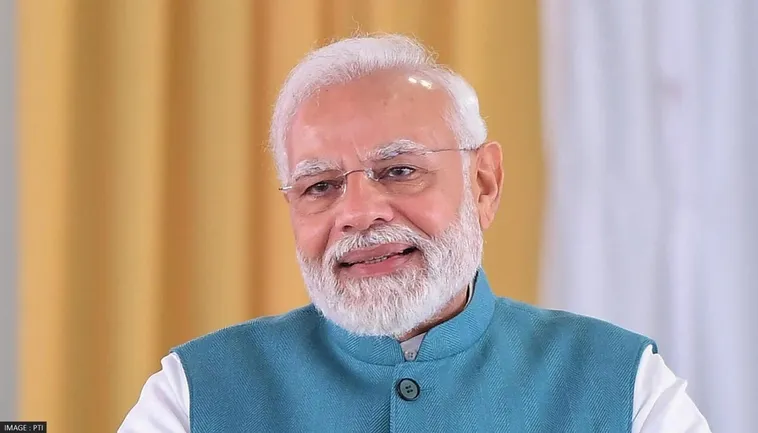Rama Krishna Sangem
Electric driven buses of mass transport got a major push from the Centre. These buses when they come on the roads will not only reduce air pollution, but also reduce India’s import bill on oil, saving huge foreign exchange.
The union cabinet on August 16, Wednesday approved “PM-eBus Sewa” seeking to enhance green mobility across several cities, Union Minister Anurag Thakur said in a press briefing. The scheme will augment city bus operations, under which priority will be given to cities having no organised bus service.
10,000 e-buses will be deployed on the public-private partnership (PPP) model across 169 cities. Thakur said, as reported by PTI, that infrastructure will be upgraded in 181 cities under the Green Urban Mobility Initiatives.
The total estimated cost of the scheme has been pegged at Rs 57,613 crore, out of which support of Rs 20,000 crore will be provided by the Centre. “PM e-Bus Seva has been given approval. Rs 57,613 crore will be spent on this. Around 10,000 new electric buses will be provided across the country,” he said.
The scheme will support bus operations for 10 years. It is expected to create 45,000 to 55,000 direct jobs. The scheme will cover cities with a population of 300,000 or above. Moreover, all capital cities of union territories, hill states and north-east region will be covered under the scheme. The Centre will also create behind-the-meter power infrastructure for e-buses.
The e-Bus push is part of India’s commitment at Paris climate agreement where we pledge to control carbon emissions fully by 2070. Moreover various state transport corporations run by state governments are unable to bear with oil bill as they cannot pass on the burden on to passengers. The hiked prices will lead to decreased occupancy rate, thus hitting their revenues.
The e-buses will also create business opportunities for scores of startups and new SMEs across the country.



